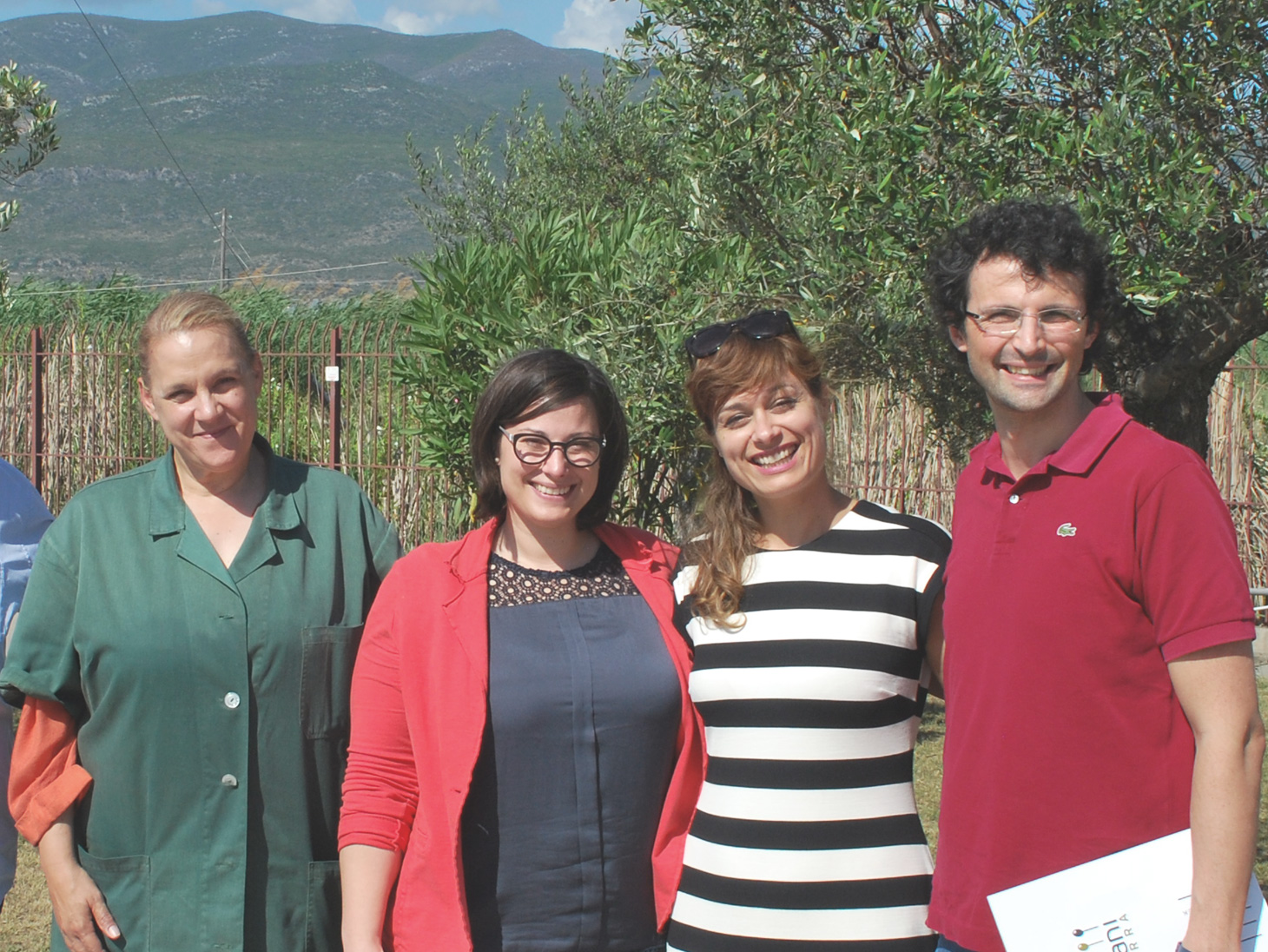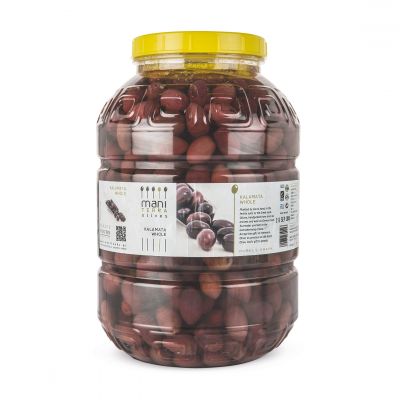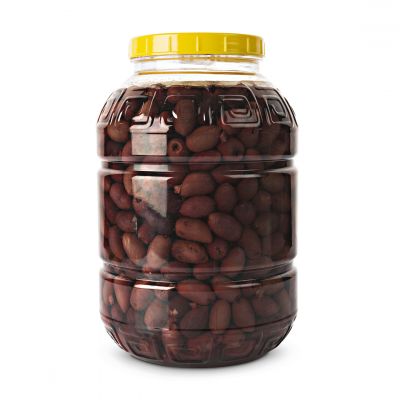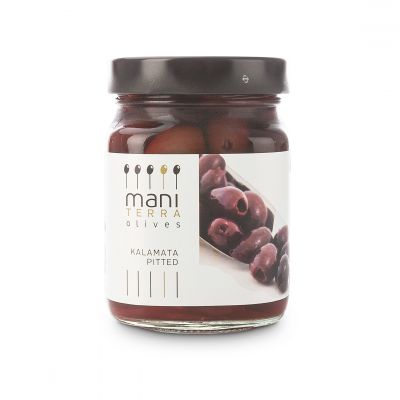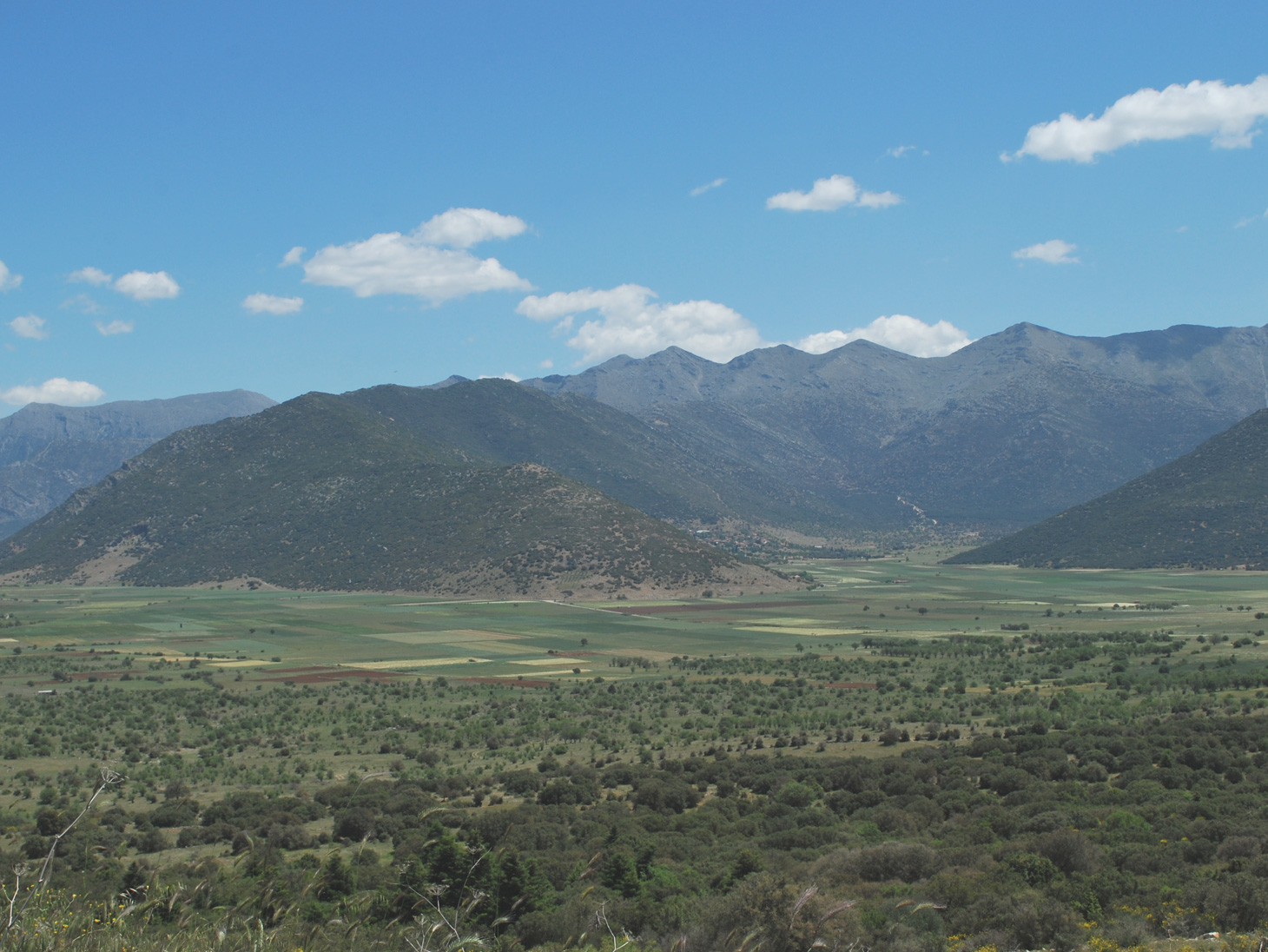
The travel is a way of study that identifies our research, with the aim to discover new territories, new faces and new products. As we love to say, the gastronomy has no borders, so we explore territories even beyond our country. We flew to Peloponnese in Greece, the land of Kalamata olives and of oursuppliers Maniterra, just a few kilometers from the city of Kalamata.
Crossing the peninsula - that today is more an island - coming from Athens, the land shows a lot of hills, ups and downs, highlands and roads upon the sea, with olive trees and vines. Immediately we awared of the huge biodiversity between the several olives varieties and now we understood that saying "greek olive" is too summary. For this reason we decided to explore the different kinds of olives, trying to indentifying the main varieties.
Greek olives basically part of three big families of olives: Conservolia or Amfiss is the round olive (black or green), it is produced mainly in the central and western part of Greece; the olive with an elongated shape (black or green) is named Halkidiki and it is produced in the north of the country; finally the Kalamata olive (only black) which is cultivated in the south of Peloponnese peninsula and in Agrinion area. Conservolia olives have a higher diffusion but the most well-known ones are the Kalamata olives. A curiosity: Kalamata olives take the name from the place where they were commercialised, the port of Kalamata, and not from the place of the production (another product with a similar history is the cheese Bra DOP).
"Maniterra - tell us Demie and Afroditi - has about 30 years of experience in the sector and it was one of the first firm to propose olives without the bone to the market. Initially only Uneited States asked for them but today kalamata olives without bones represent the 90% of our business". The firm selects carefully the raw materials: they use only Kalamata olives harvested by hand in the area of Sparta, maintaining a close relationship with the farmers, without intermediaries. The processing of the olives takes place in the plant of Maniterra, with low lights in order to avoid the olives oxidation. Moreover the bitter taste of the olives is not taken off with soda, but just with water, salt and... time!
"Unforntunately the drought of the last winter has caused a scarce crop if compared with the previuos harvests - tells us Demie - and we hope that the olives we have, are enough until the new harvest".
Alessandro De Conto
